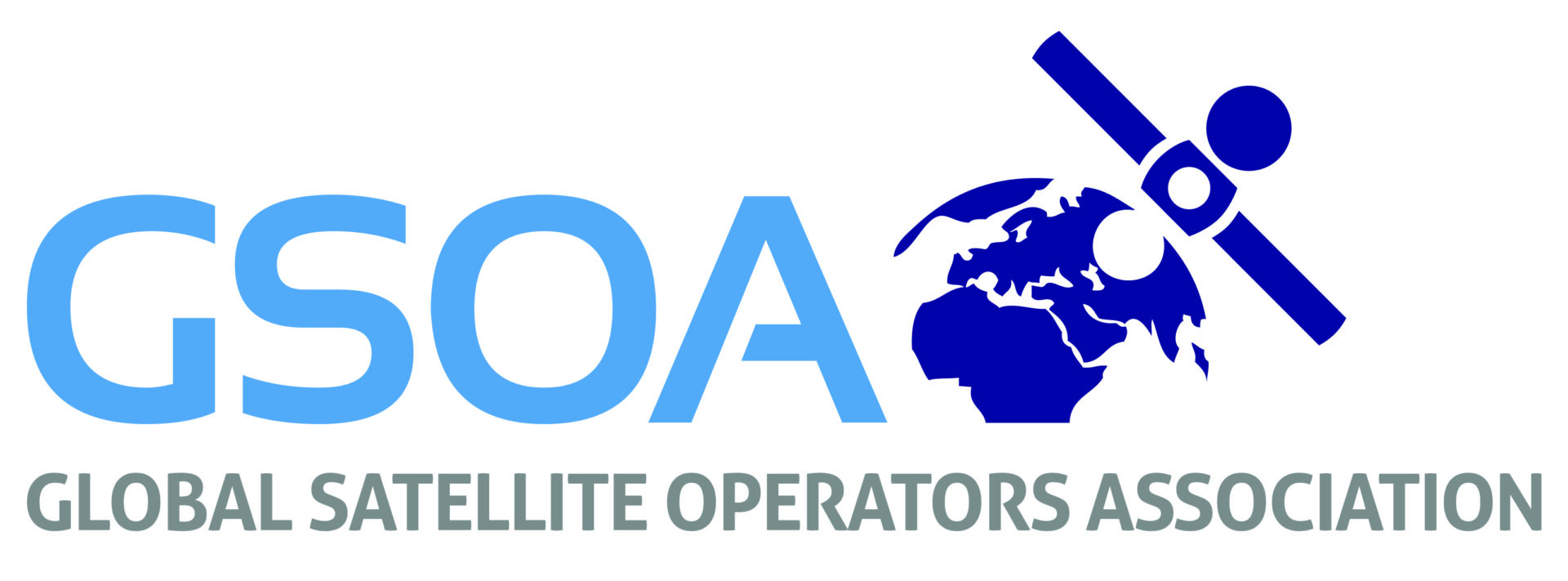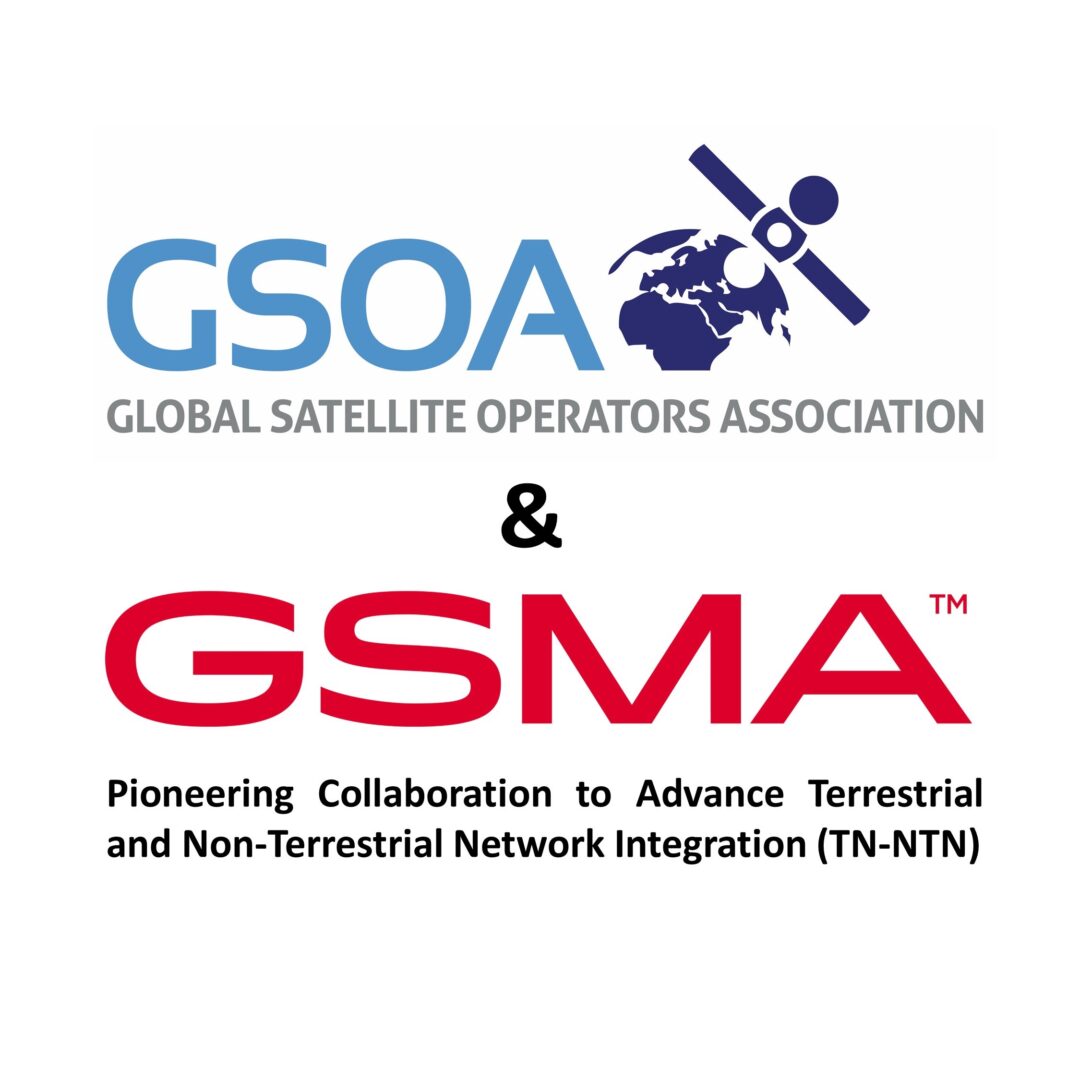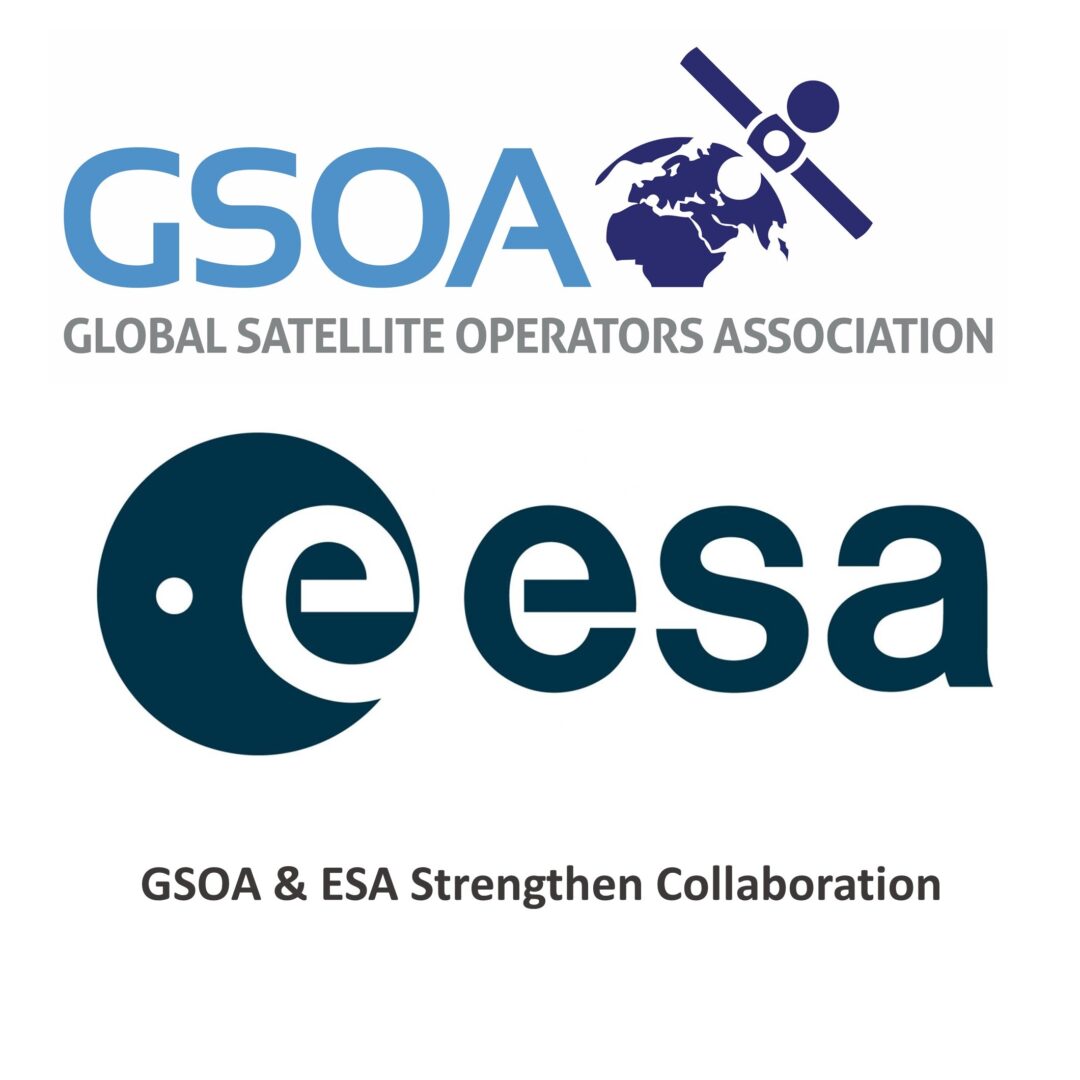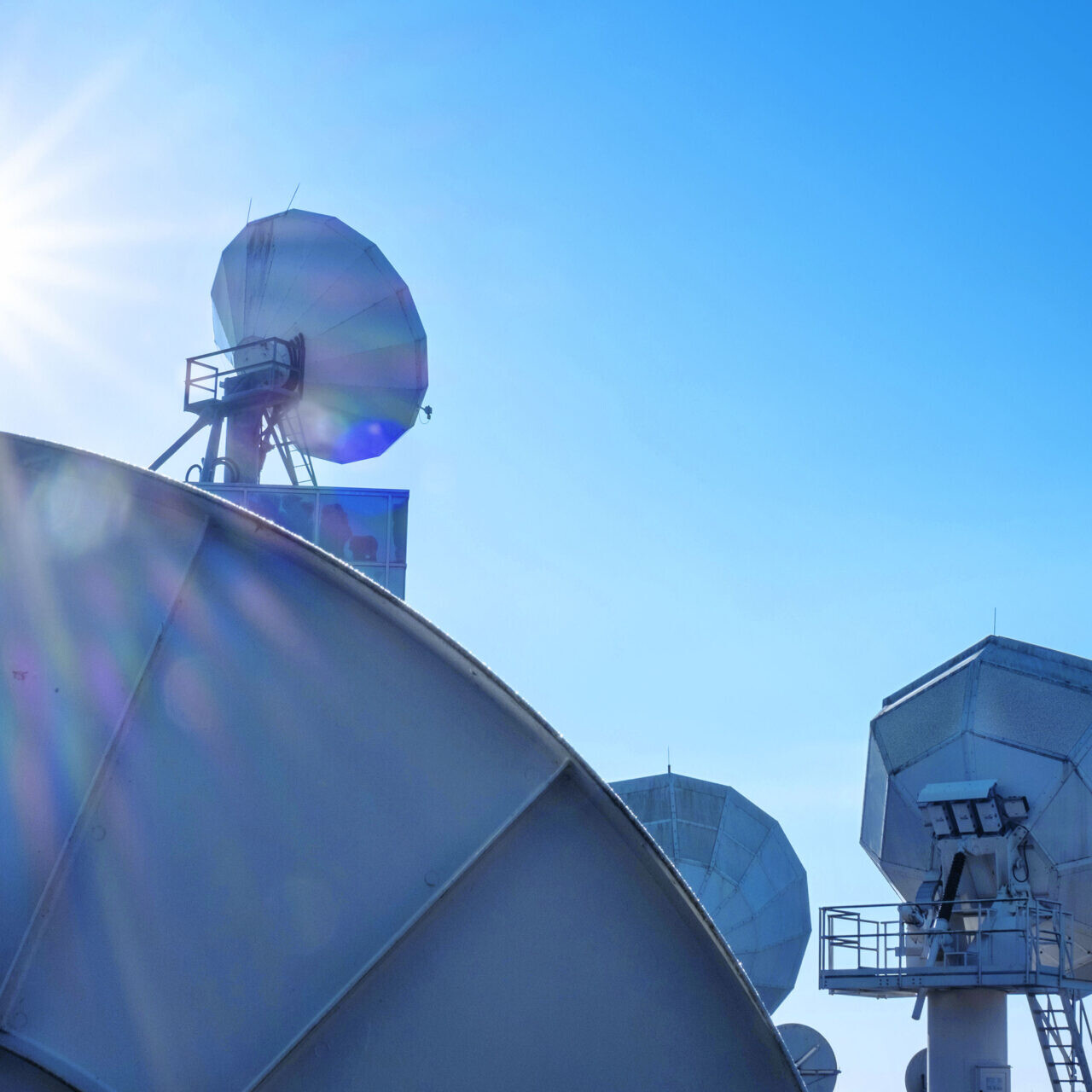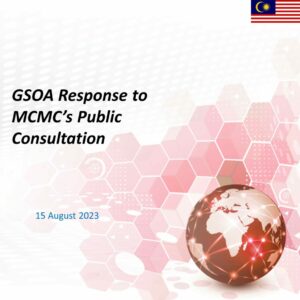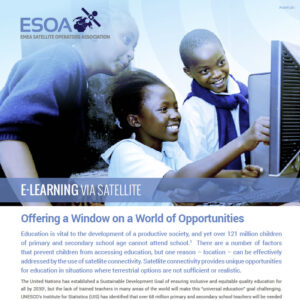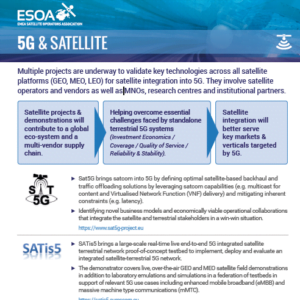WRC-23: A Milestone in Satellite Innovation
Dubai, UAE, 19 December 2023: The World Radiocommunication Conference 2023 (WRC-23) has concluded with historic decisions that promise to reshape the landscape of satellite communications. The Conference achieved significant results in satellite spectrum allocation, heralding a new era of innovation and connectivity for satellite operators worldwide.
WRC-23, hosted by the United Arab Emirates under the auspices of the International Telecommunication Union (ITU) brought together Member States to address the challenges and opportunities in the dynamic field of radio communications. The outcomes of the Conference, held every four years to, among other things, review the ITU Radio Regulations, are set to have a profound impact on the satellite sector. Satellite is one of the most exciting and dynamic industry sectors today, with an increasingly competitive landscape. As a clear indication of this trend, eighty per cent of the Agenda Items being discussed this week during the first Conference Preparatory Meeting (CPM 27-1) and to be studied during the next four-year cycle are satellite-related matters.
Isabelle Mauro, GSOA’s Director General said, “We thank the United Arab Emirates and their regulator TDRA, for their phenomenal hospitality. We welcome the outcome of WRC-23, which will continue to foster the incredible innovation and growth of the satellite industry, with the opening up of more spectrum for mobility applications, increasing operational flexibility and safeguarding of core satellite bands.” She added, “Decisions made during the Conference will enable the power of satellite communications to be leveraged, to ensure a connected future that delivers growth and prosperity to the entire global population, and to help connect the 2.6 billion people that are not yet online, accelerating positive impact on the global economy and the environment.”
Key Results for Satellite Perspectives at WRC-23:
Safeguarding Critical Services: The decisions made at WRC-23 reflect a commitment to a collaborative and forward-thinking approach in safeguarding critical satellite services.
Driving Innovation & Fostering Economic Opportunities: WRC-23 has successfully allocated additional spectrum for satellite communication services and allowed new satellite applications. This expansion is essential to meet the growing demands of bandwidth-intensive applications, including high-throughput satellite systems and emerging technologies. WRC-23 recognized the importance of supporting and accommodating emerging satellite technologies within the regulatory framework. This acknowledgment sets the stage for continued innovation in satellite systems.
Advancing the Future of Space Services Together: WRC-23 concluded with the establishment of forward-looking regulatory policies that strike a balance between the needs of satellite operators and evolving technological landscapes. These policies are designed to provide regulatory certainty and flexibility, fostering a conducive environment for ongoing research and development in the satellite industry.
The decisions made at WRC-23 underscore the importance of international collaboration in addressing the challenges and opportunities in the future of telecommunications. The Conference has paved the way for a more connected, resilient, and technologically advanced future.
